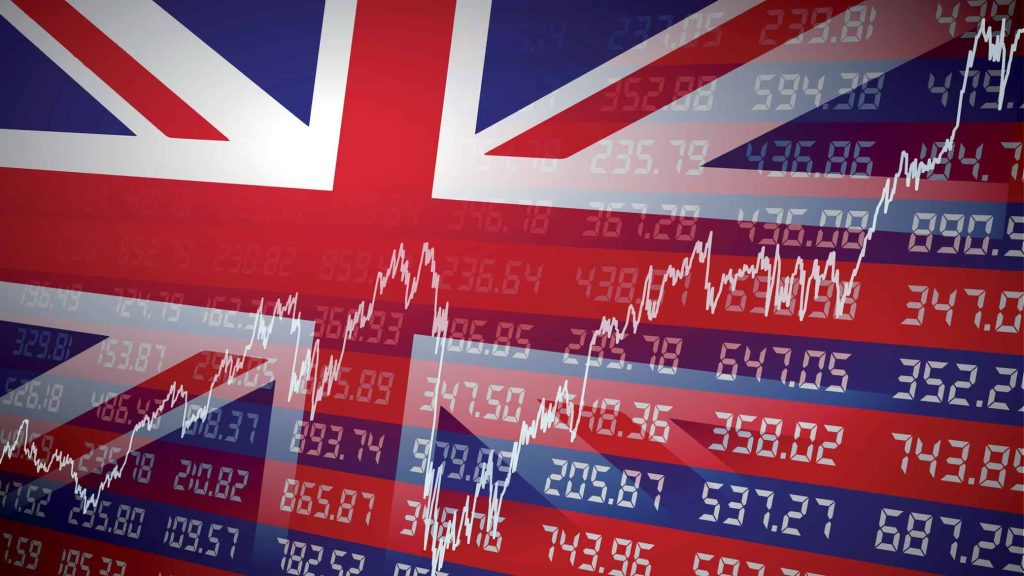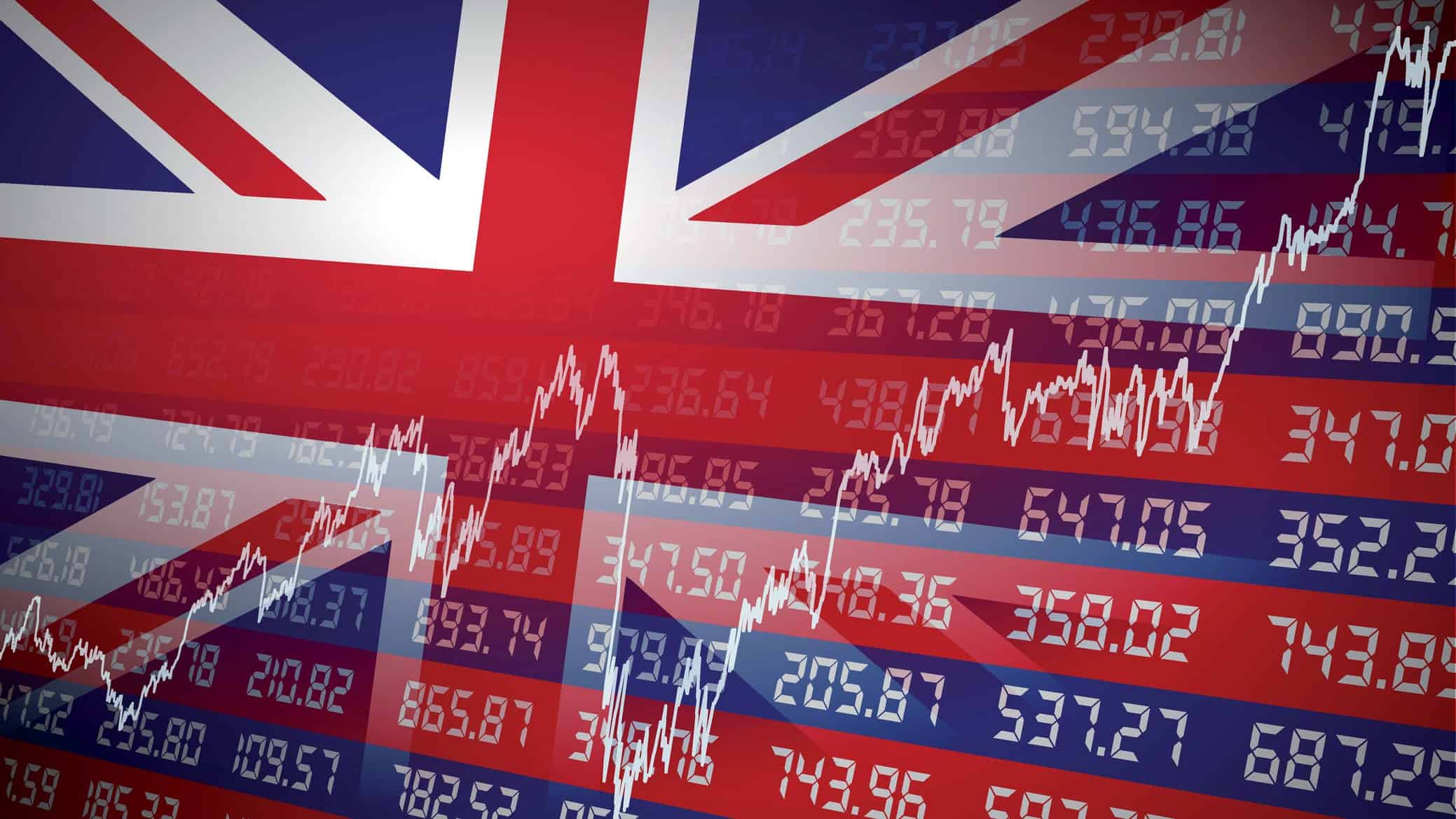Is the FTSE 100 becoming increasingly disconnected from the UK economy?


We live in strange times. The FTSE 100’s close to a record high yet the UK economy appears to be struggling.
The country’s Gross Domestic Product has fallen for two consecutive quarters, the 10-year gilt rate is higher than after Liz Truss’ mini budget and the Office for Budget Responsibility recently described the public finances as being in a “relatively vulnerable position”.
What’s going on?
Some of this apparent contradiction can be explained by the fact that the UK’s largest listed companies have a global presence. It’s estimated that 75-80% of their revenues are earned overseas, which makes them less reliant on the domestic economy. And with 20% generated in America, a strong dollar can also boost earnings.
It could also be explained by investors taking a longer-term view. In these circumstances, short-term problems don’t matter as much. If you think the economy’s going to grow next year (and the year after) and that a series of base rate cuts by the Bank of England will help bring the cost of government borrowing down, then you are likely to have a more optimistic outlook than someone who closely follows the news every day.
A global business
Whatever the explanation, the FTSE 100’s increased by around 10% since July 2024. This is approximately the same amount by which the share price of Haleon (LSE:HLN), the consumer healthcare group, has gone up. And there could be more to come.
Of the 18 brokers covering the stock, 11 consider it a Buy. Only one is advising their clients to Sell. Their average 12-month share price target’s 430p. That’s a near-20% premium to today’s (17 July) price.
However, around one third of its revenue comes from the US. For many years, President Trump has threatened to legislate to make drugs companies cut their prices. If he carries this through, Haleon could be vulnerable.
To make matters worse, the group could also face higher import tariffs on any products imported into the country. No wonder the company describes current trading conditions as “challenging and uncertain”.
But surprisingly for a stock facing these issues, Morgan Stanley recently described it as an “attractive defensive play”. It claims its strong brands offer some protection during periods of economic uncertainty.
However, income investors will probably look elsewhere. Since being spun out of GSK in 2022, it’s increased its dividend every year. But its current yield’s a miserly 1.8%.
The best of British?
But I think Haleon’s the sort of stock that shows what’s best about the FTSE 100. It’s a group valued at £32bn with a truly global footprint. It sells into 170 countries and generated £11.2bn of revenue in 2024. Of this, only £384m was earned in the UK. Therefore, it isn’t reliant on a fragile UK economy.
Many of its brands – including Sensodyne, Centrum and Panadol – are recognised all over the world. Indeed, in the consumer healthcare market, it’s the global leader in five categories.
As a result of its success, the group provides employment to nearly 25,000 people. In 2024, it returned £1bn to shareholders by way of dividends and share buybacks. And it’s expected to grow its earnings per share by nearly 18% over the next two years.
For these reasons, I think it’s a long-term growth stock for investors to consider.
The post Is the FTSE 100 becoming increasingly disconnected from the UK economy? appeared first on The Motley Fool UK.
More reading
- I’ve just invested £12.06 in this FTSE 250 stock
- Why I think the FTSE 250 could outperform the FTSE 100 this decade
- Is there any reason NOT to open a Stocks and Shares ISA?
- Want an early retirement for your child? Here’s how a SIPP can help
- Looking for growth, dividends, or value? These 3 investment trusts could be strong options to consider
James Beard has no position in any of the shares mentioned. The Motley Fool UK has recommended GSK and Haleon Plc. Views expressed on the companies mentioned in this article are those of the writer and therefore may differ from the official recommendations we make in our subscription services such as Share Advisor, Hidden Winners and Pro. Here at The Motley Fool we believe that considering a diverse range of insights makes us better investors.





